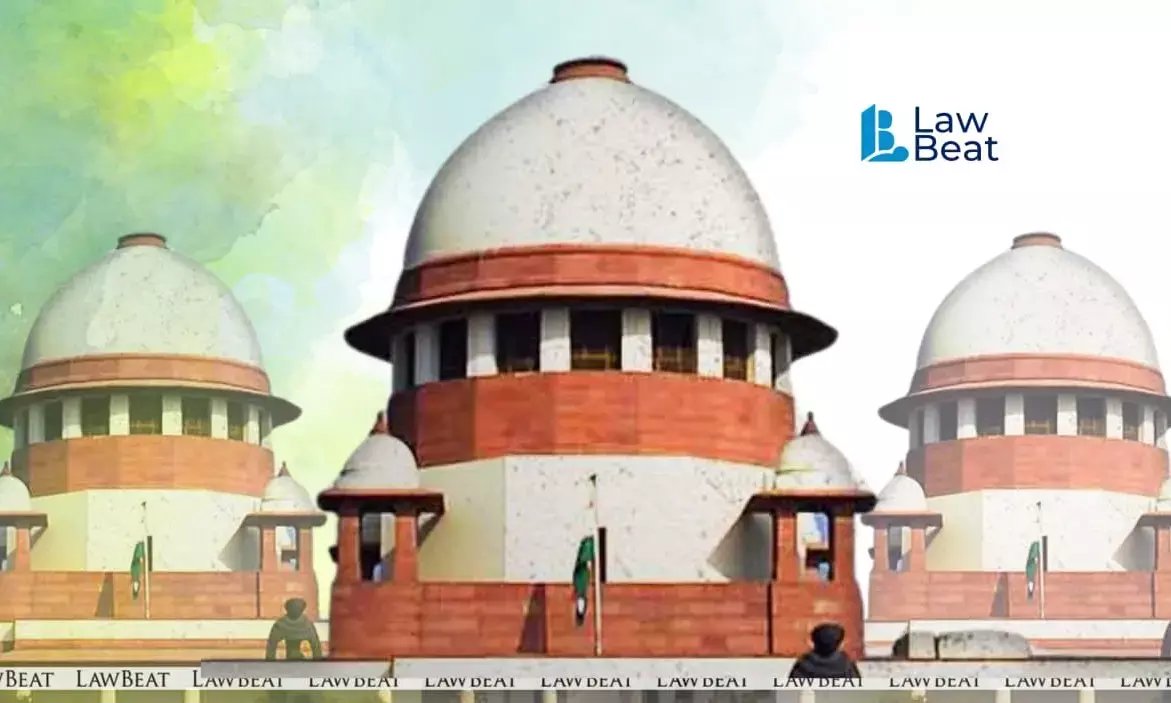Important to prove foundational facts before invoking presumption under NDPS Act: SC

The Supreme Court rules that legal presumptions in drug cases can’t be used to presume guilt under the NDPS Act
The Supreme Court has clarified that in drug cases under the Narcotic Drugs and Psychotropic Substances (NDPS) Act, the prosecution cannot rely on legal presumptions alone. Unless basic facts are first proved beyond doubt, the law’s presumption that an accused had a “culpable mental state” under Section 35 of the NDPS Act cannot be invoked.
"In the absence of any actus reus, there is no possible way to ascertain the corresponding mens rea," court said.
A bench of Justices J B Pardiwala and R Mahadevan said, without an actus reus of any form, there arises no question of establishing and consequently presuming the mens rea, in view of the fundamental principle of criminal jurisprudence, that no one should be punished for their thoughts or intention alone unless accompanied by some form of act.
Secondly, and more importantly, it ensures that the statutory presumption does not overreach or take the place of proof of guilt under the guise of ‘presumption of culpable mental state’, court added.
Court was hearing appeals in a major narcotics case involving the recovery of 55 boxes of ephedrine powder, weighing 1,364 kilograms, from a godown in Ahmedabad. The Anti-Terrorism Squad (ATS) had raided the premises in 2016 after receiving a tip-off. The godown was leased by one of the accused, Narendra Kacha, who allegedly confessed and named other persons during interrogation.
However, the Supreme Court said that such confessional statements given to police officers carry no evidentiary value in law. Courts must first examine independent evidence, and only then, if necessary, use a confession to support it. “The court should not start with the confession of an accused,” the bench observed.
On this basis, the bench acquitted three appellants who were convicted earlier only on the basis of Kacha’s statement. It ruled that the prosecution failed to establish “foundational facts” linking the others to the crime.
Kacha’s conviction, however, was upheld. He had already served more than eight years of the ten-year sentence handed down by the trial court, and the bench reduced his punishment to the time he had already spent in jail.
In 2019, an Ahmedabad court sentenced six men to ten years of rigorous imprisonment and imposed fines under Sections 25A and 29 of the NDPS Act. The Gujarat High Court confirmed these convictions in 2023.
But the Supreme Court, after examining the records, said the High Court had failed to engage with the core issues and merely reproduced the trial court’s findings without independent analysis.
The bench said, "We are at pains to observe that although the High Court has laboured to dictate a judgment running into more than 141 pages yet all that has been observed by the High Court was not at all necessary as the High Court failed to address itself on the core issues".
Court pointed out that the High Court had noted the findings of the Trial Court as regards the compliance of Sections 42, 50, 52 and 57 of the NDPS Act respectively. "The High Court has not returned any findings of its own but agreed with the findings of the trial court and without any further discussion,'' the bench said.
It noted no evidence of conspiracy or violation of Section 9A had been discussed or analysed, nor any finding had been given.
It further pointed out that the High Court had discussed the judgment of the Supreme Court in Mukesh Singh v. State (2020) to hold that merely because the informant police officer himself investigated the case, would not by itself vitiate the investigation. The High Court had held that though the panch witnesses in the case had turned hostile, their evidence deserved to be scrutinised closely and noted that the prosecution had examined police witnesses PW 29 to PW 35, PW 38, and PW 41 in support of its case.
However, in its detailed judgment, the bench reiterated a key safeguard in criminal law that presumptions in statutes like the NDPS Act should not cross into presuming guilt itself.
Case Title: Manoj Tejraj Jain Vs State of Gujarat
Bench: Justices J B Pardiwala and R Mahadevan
